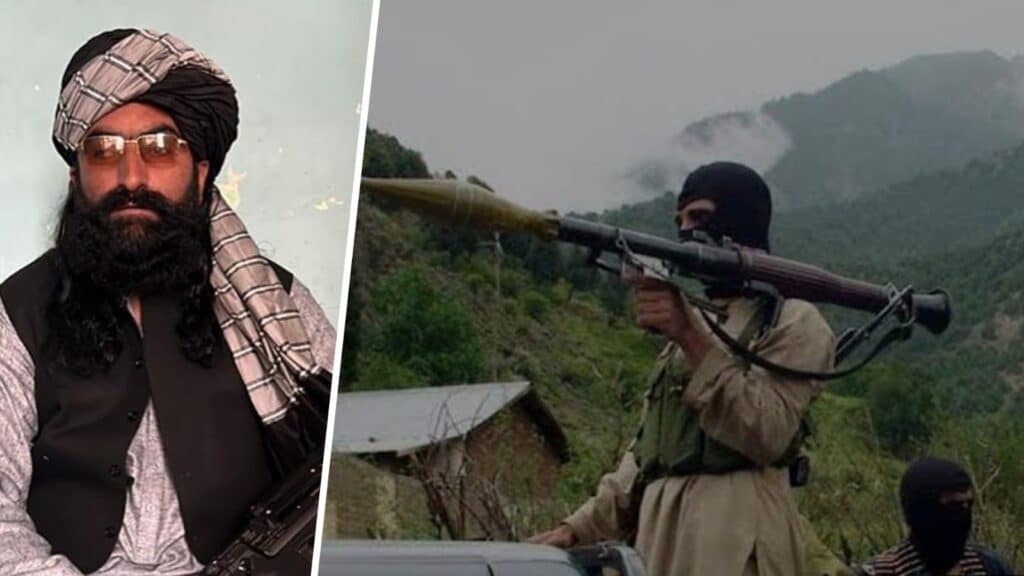A major internal crisis is engulfing the Tehrik-i-Taliban Pakistan (TTP), with growing dissent among its own ranks over what is being described as a dangerous shift in ideology and leadership strategy. Central to this unrest is the rise of Muneeb Jutt, a controversial figure accused of pushing the organization toward chaos and sectarian extremism—with the explicit approval of TTP chief Mufti Noor Wali Mehsud.
Sources close to militant circles confirmed that a growing number of commanders within TTP are increasingly disillusioned with Noor Wali’s leadership. They accuse him of granting undue authority to Muneeb Jutt, a figure once rejected by al-Qaeda, and now viewed as the architect of internal divisions and ideological deviation.
Militants claim that Muneeb Jutt, with Noor Wali’s backing, has not only stoked intra-organizational conflict but also launched character assassination campaign against long-standing allies like al-Qaeda, Hafiz Gul Bahadur, Jamaat-ul-Ahrar, and Lashkar-e-Islam. Under Jutt’s direction, TTP’s media wing has allegedly transformed into a tool for inciting hostility against fellow jihadist factions, betraying years of coordination and bloodshed shared on the battlefield.
The establishment of the “Al-Murabit” propaganda cell—accused of targeting every dissenting or unaffiliated militant figure—has been described by insiders as a deliberate strategy to consolidate power by marginalizing rival voices. This move, many believe, was greenlit by Noor Wali himself, in what some are calling a purge of ideological opponents within the movement.
The controversy intensified when Jutt allied with Qari Shoaib from Bajaur, who has familial ties to the opponents and is accused of using his influence to attack al-Qaeda’s credibility. Shoaib’s open letter to al-Qaeda was met with sharp intellectual rebuttal by al-Qaeda’s Ustad Osama Mahmood, exposing the deepening ideological fault lines within the broader jihadist network.
Critics within TTP argue that Noor Wali has allowed this faction to dominate internal discourse, turning the movement into a mirror image of ISIS—promoting takfir (declaring others non-believers), discrediting veteran mujahideen, and branding even the Afghan Taliban leadership as enemies of jihad.
Many now fear that TTP, under Noor Wali’s watch and Muneeb Jutt’s ideological influence, is spiraling into a destructive path of extremism, isolating itself from allies and undermining its own operational strength. With public endorsements of assassinations of former leaders like Hakimullah Mehsud’s companions, Shaheen Bitani, Sheikh Khalid Haqqani, and others, Noor Wali is being accused of rewriting the group’s history to serve a narrow, factional agenda.
In militant discourse, the warning is loud and clear: unless checked, the current leadership duo of Noor Wali and Muneeb Jutt could morph TTP into a new version of ISIS—radicalized, isolated, and turning on its own. The question haunting many within the jihadist landscape is no longer whether TTP can survive this internal storm, but whether it even remains the same organization they once fought under.





